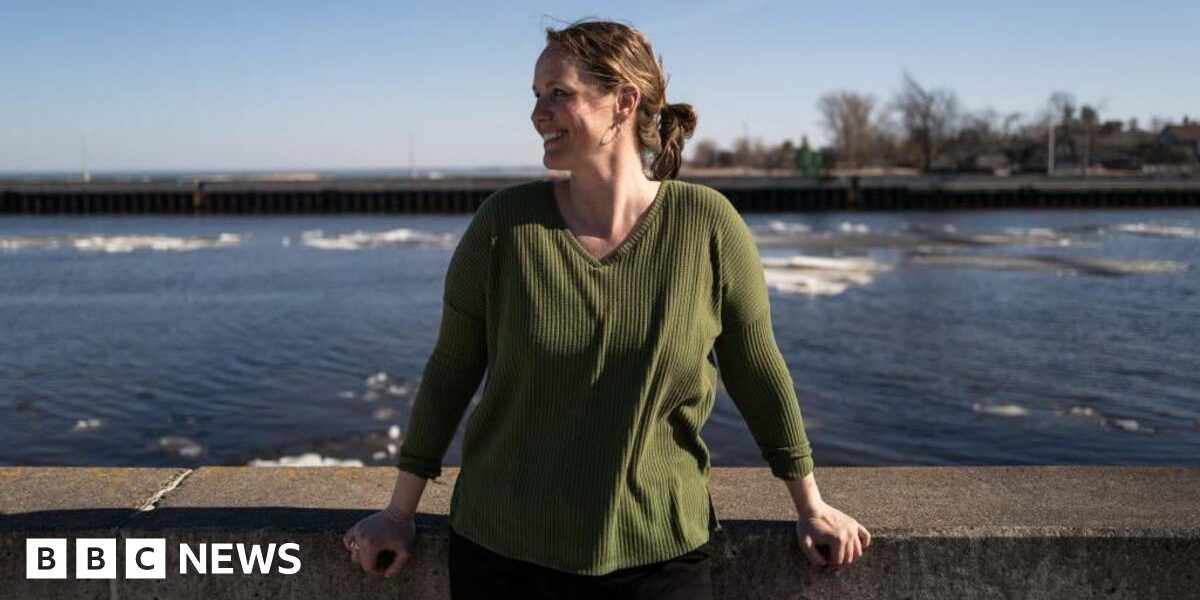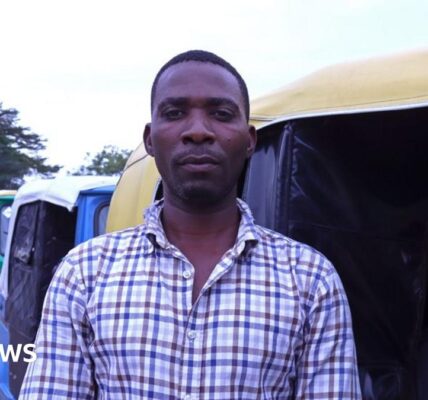Data suggests that climate migration is, so far, more of a local phenomenon, with some moving inland within their home state or even seeking higher ground in their own city to avoid flooding, said Jeremy Porter, head of climate implications with First Street, which conducts climate risk modeling.
But, he said, in recent years, a smaller number of people have begun to flock to cities outside of California that advertise themselves as potential “climate havens”.
Several cities – and media reports – began using the term after climate adaptation researcher Jesse Keenan created a list of places in 2019 that are expected to have a lower risk for extreme climate events, places he calls “receiving zones”.
Near the top of the list is Duluth, Minnesota, a former industrial city, home to about 90,000 people, a population that has grown slowly since 2020 after years of stagnation.
One of the draws of the town is its proximity to the Great Lakes, the series of lakes that comprises the largest freshwater body in the world. Around 10% of the US and 30% of Canada relies on the lakes for drinking water.
“In a scenario where resources have become scarce, this is a tremendous asset,” Mr Van Berkel said.
The Great Lakes water supply lured Jamie Beck Alexander and her family to Duluth. Alarmed by three consecutive, destructive wildfire seasons in California, Ms Alexander, her husband and two young children piled into a camper van and drove across the country to Minnesota in 2020.
Ms Alexander has found similarities between the small, progressive city and their old city of San Francisco.
“There’s a real depth of connection between people, and deep rootedness, things that I think are important for climate resilience,” she said.
Ms Welch ignored her friends who thought she was crazy to move to a city known for its record-breaking snowfall and icy conditions, with an average 106 days a year of sub-freezing temperatures. The crisp, pretty city on a hill has become her own, she said.
“There’s a lot of people here who love where they live and want to protect it,” Ms Welch said of Duluth.





